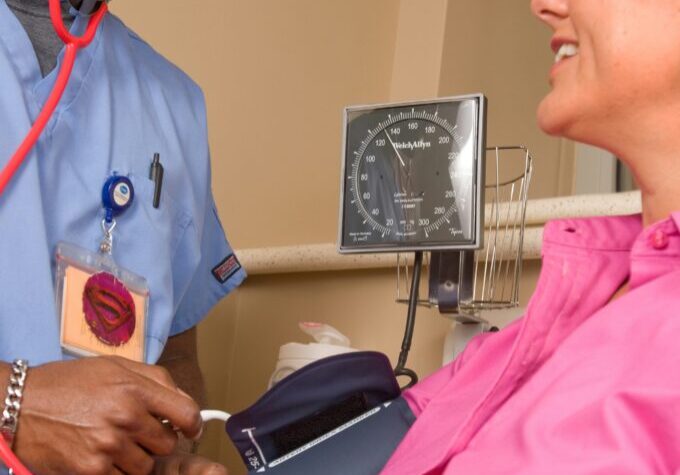The Senate Health and Welfare Committee meets Tuesday to learn how a last-minute, $100 million cut to the Louisiana Department of Health might affect health care providers and patients. The cut, which could swell to $500 million when including the loss of matching federal funds, was stuffed into the budget agreement at the insistence of House leaders. An Advocate editorial wonders why many state lawmakers continue to make a boogeyman out of a process that supports health care for people in a poor state like Louisiana.
A good question, but there is also a question of why Louisiana should not take full advantage of Medicaid funding formulas that multiply federal dollars spent in the state at hospitals, clinics and doctors’ offices. The perception in some corners that Medicaid amounts to a welfare check for the undeserving does not encompass the obvious benefits to the state. It’s as if the Legislature, with this ill-considered move, was refusing to accept money into the economy equivalent to a year’s payroll of a large factory. Not to mention better health for many workers, an economic benefit as well as a moral one.
To better understand how Medicaid impacts people’s lives, LBP conducted in-depth interviews with people enrolled in the program from across Louisiana during the Covid-19 pandemic. The interviews are compiled in our report, Medicaid Works. Let’s Keep it Strong.
Locals speak out against LNG facilities
The liquified natural gas industry is making it increasingly hard for people to live in lower Cameron parish, as it consumes large amounts of resources and emits large amounts of pollution. The Lake Charles American Press’ Emily Burleigh explains how the industrialization by large LNG facilities is threatening the livelihood and health of locals.
Anne Rolfes, executive director of the Louisiana Bucket Brigade, has also been a witness to the community effects of LNG gas export terminals. She has worked in St. James Parish and said the two largest Black-majority districts is where industry development was focused. “They closed the high school, they got rid of the post office, they shut down an evacuation route,” she explained. She said she believes the trends are repeating themselves at Calcasieu Pass. “Here, it is very clear that what they are doing is industrializing the lower Cameron Parish, and you can see the very same trends of withdrawing government services.”
“Backward-looking leadership” at the Capitol
The 2023 Legislature will likely be remembered for legislative attacks on LGBTQ+ youth, and the last-minute turmoil surrounding the state budget. Louisiana Progress Board Chair Melissa Flournoy, in a guest column for The Advocate, writes that this will accelerate the state’s brain-drain by driving more young people out of the Pelican State.
If we value families and are the most pro-life state, then respect women and doctors, support efforts to improve quality birth outcomes for all women, expand access to health care and support new mothers. People are so desperate that stores have to lock up baby formula and diapers, because people are so poor that they can’t afford necessities. Our poorest mothers are forced to go back to work immediately, because we do not have a safety net to support new parents with paid family medical leave.
Banning corporal punishment
Gov. John Bel Edwards signed legislation last week that outlaws the beating of children in public schools unless a parent gives permission. Rep. Stephanie Hilferty’s House Bill 42 became law this year after last year’s effort fell one vote short. The Louisiana Illuminator’s Claire Sullivan reports:
At least 27 of Louisiana’s 69 school systems have banned corporal punishment and at least 19 allowed it as of 2022, The Advocate reported in 2022. The bill, written by Rep. Stephanie Hilferty, R-New Orleans, would require parents in districts that still use corporal punishment to sign a permission slip if they allow their child to be physically disciplined. The bill gives parents the choice over how their child is punished, she said.
Number of the Day
5,200 – Number of plug-in electric vehicles in Louisiana in 2021. (Source: U.S. Department of Energy via States Newsroom)
